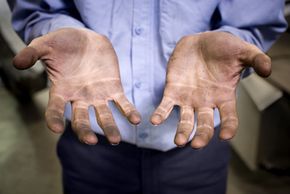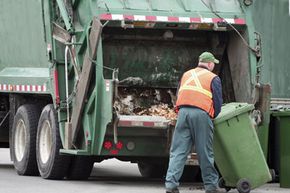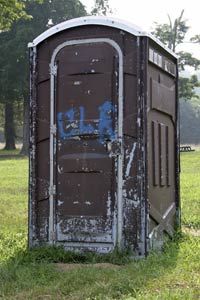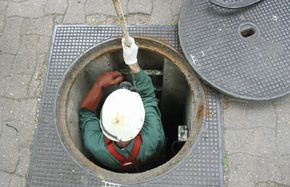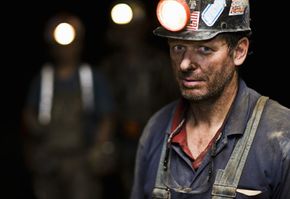At some point in our lives, most of us have probably seen a task so revolting that we've admitted, "You couldn't pay me to do that." But not everyone feels that way. If a job needs to be done, chances are you can find someone to do it -- especially if the price is right.
Whether it's cleaning up human excrement or taking care of the dead, many people are willing to pay enough money not to do it, and they'll gladly pass the buck. Although most of us would rather live in blissful ignorance of what goes on in these nasty but necessary jobs, finding out the grisly details might send us thanking our lucky stars for our cushy jobs. On the other hand, taking a peek into the paychecks might have us considering a career change. If you're willing to get your hands dirty, you'll be able to rake in a nice living, in many cases for only a few months of work out of the year and without a college degree.
Advertisement
A dirty job may mean working with stuff that grosses most people out, but you can make a decent amount of money and you may also be happier with it. Some studies show that jobs with hands-on, manual activities make people happier than office jobs [BBC News]. In the movie "Office Space," the main character despised life as an office drone and finally finds happiness in a lowly construction job.
If you want to make a nice living but dread mind-numbing office work and fluorescent-lit cubicles, one of these jobs might be a perfect for you. But check a weak stomach at the door: These jobs entail revolting, dangerous and sometimes psychologically disturbing duties. First, we'll do a Dumpster dive into the life of a garbage collector.
